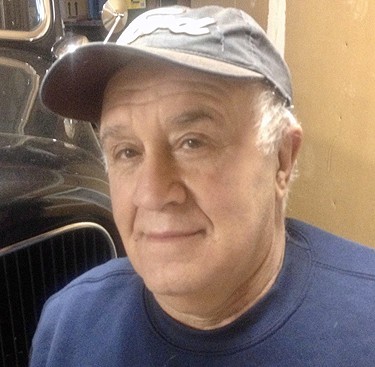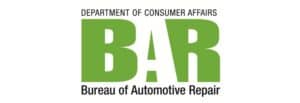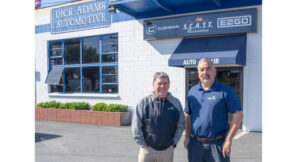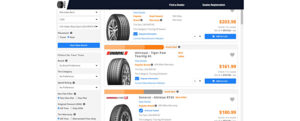Editor’s note: Paul E. Grech owned the former San Franciso shop, Allied Engine & Auto Repair, before retiring. In this column series, Grech shares his experiences as a shop owner.
I’m 77 years old, have been an auto mechanic for 60-plus years and ran my garage for 44 years in downtown San Francisco. During that time, seven things occurred that caused business to slow to a crawl, though none as severe as this one. My first thought when they occurred was, “Thank God I live in America during these downturns.”

This latest one is very similar to when Pearl Harbor attack happened. The country was in a total state of shock, but it didn’t last too long. We were able to attack the Japanese fleet in May 1942 in the Battle of Midway, inflicting serious damage and sinking four of their aircraft carriers.
There was a recent article in the March 22 edition of the San Francisco Chronicle about how quickly we went into war mode. On March 2, 1942, Bechtel Corporation was approached by the war department to submit a proposal to build a shipyard on the West Coast. Within 24 hours they submitted a plan and signed a contract on March 12 to build and deliver 35 ships by the end of 1943. The first keel was laid on June 2, 1942, and first ship was launched in September 1942. That is the country you and I live in.
I remember the times our economy got hammered with bad news, including the gas crunch in 1974 and the interest rates that skyrocketed in 1980. They went to 17 percent for a car or home loan. Then there was the big recession in 1987, followed by the San Francisco earthquake, the Gulf War in 1991, September 11, and the financial collapse in 2006-2008. We were able to recover from all of those by not hitting the panic button. When these things occur we have two choices: panic or calm down, and assess the situation and make the correct decisions on what to do.
What I did was to use that time to clean and freshen up the building, and think about the coming changes that I would have to deal with. What new equipment I would have to buy in order to stay up with the changes. During the gas crunch, I bought out my partner. It was February 1974. It was pouring rain, the roof leaked like a sieve so much so that I could’ve taken a shower in it.
The 1989 earthquake really stopped business for a while. But, again, I didn’t hit the panic button.
My customers would ask me, “How is business?” I could have said it was bad and I can’t pay my bills. This would have made them put a tighter grip on their money belts. I came up with a better response, “It’s not too bad, but it could be better.”
I had a lot of repeat customers at the time and it wasn’t a negative response. It made them stop and think. They liked me and remembered how I had helped them out over the years, such as providing credit if they needed it. They would say, “While you got it, rebuild the engine and do the brakes, because I am going to give it to a relative.”
The Gulf War slowed business for about six months. I bought a couple of cars from people that didn’t want to fix them. I used the slow period to repair them, and sold them later on. I did this because I realized that if I did nothing during this slow time, I would never recover the lost revenue.
It was good for employee morale, too, and I didn’t have to lay them off or cut their pay. This got me through the 9/11 crisis. The same thing would get me through this crisis if I were still in business.
They will find a cure for this virus most assuredly. In the meantime, the government is doing things that will help small businesses. We’ll get through this challenging time, too.








Comments are closed.